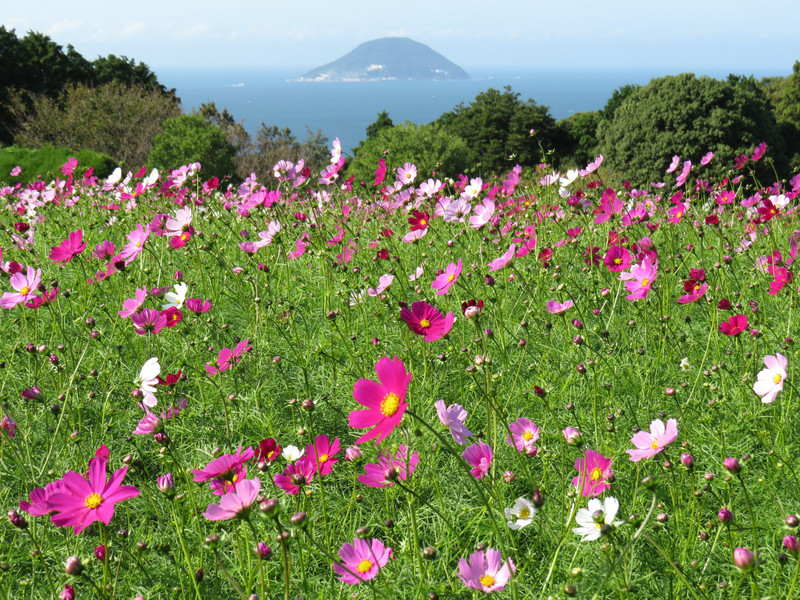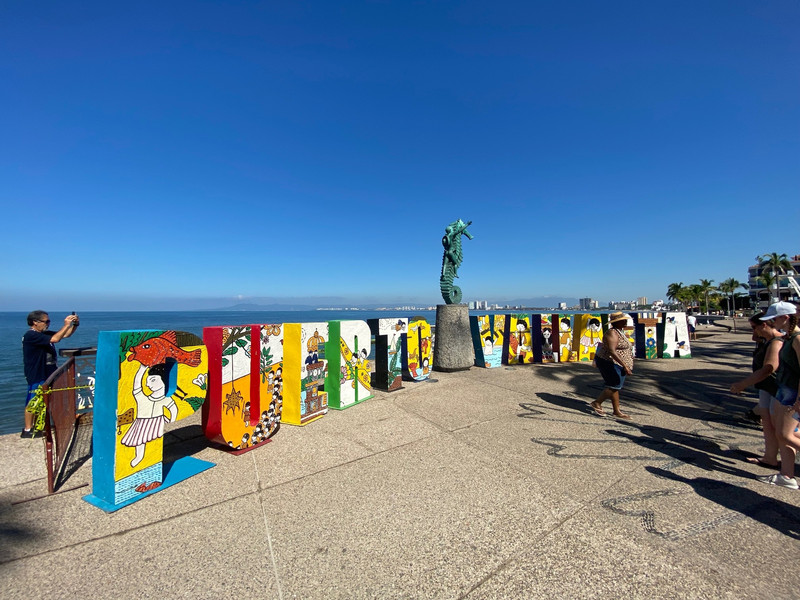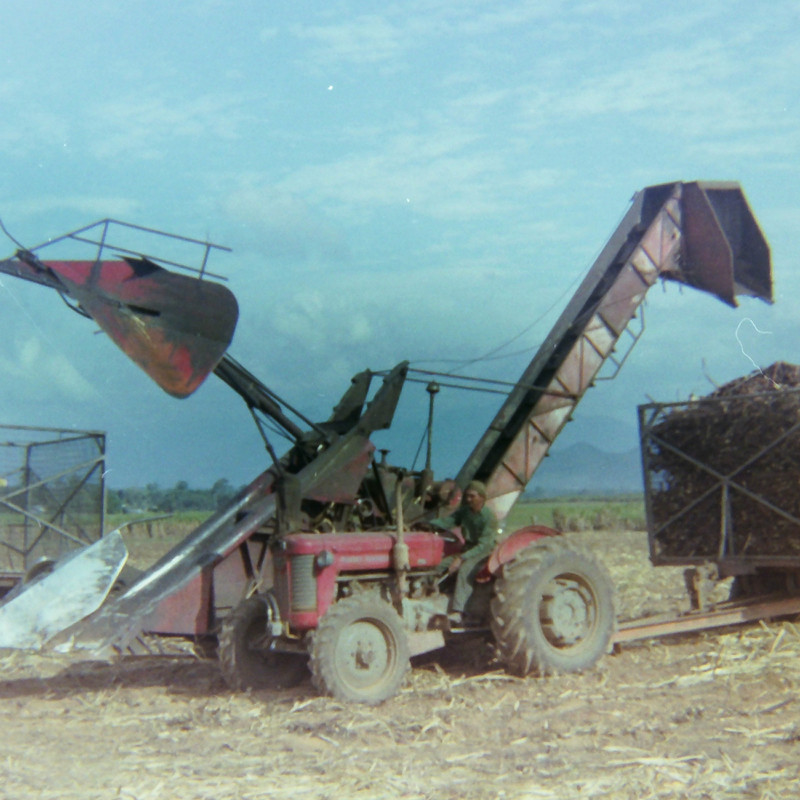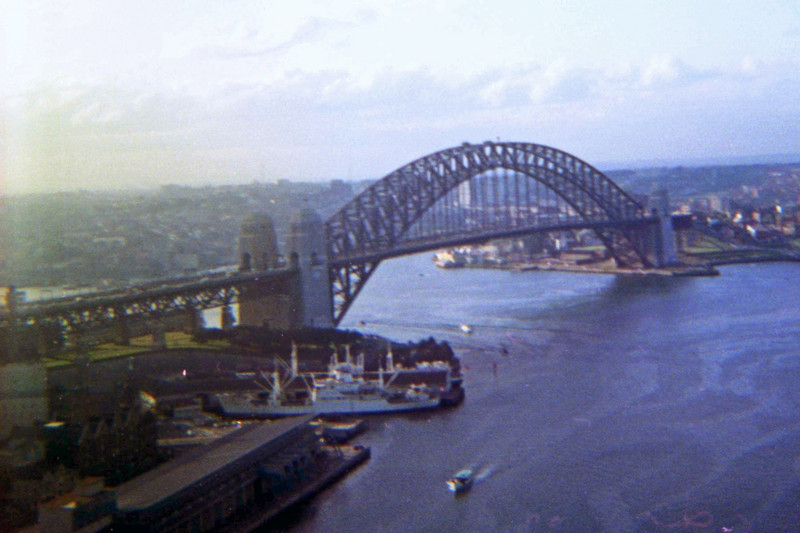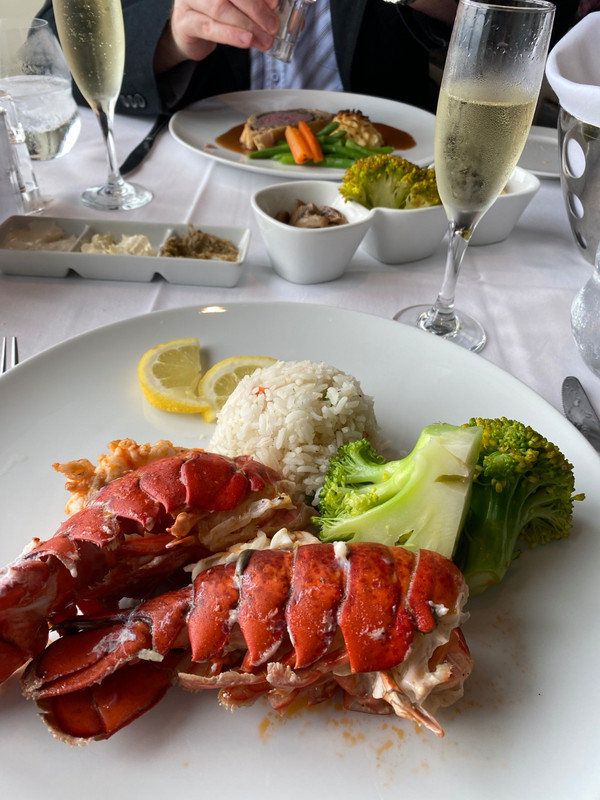There is something flowering all year on this island in Fukuoka Bay. These are the cosmos flowers in October.
I was sad when our 13 months in Fukuoka came to an end. I was also apprehensive to be leaving a country that had neither a huge covid outbreak nor a lockdown nor stringent restrictions in order to move to Europe where the streets were seemingly oozing with covid and no fun was to be had. I would say it was a successful year in terms of my research project at Kyushu University, which went well, despite being unable to go to Nepal after February to finish off the fieldwork. It was also definitely a successful year in terms of visiting much of Japan. So much so that I have decided to divide my living in Japan experience into six blogs; one for each of the main islands and a general one about living in Japan. That latter one is this one.
#7 Restaurants. For so many reasons. The effusive shouted when you enter that contradictory to the usual quiet of Japan and its people. The fact that the waiter/waitress never returns to your table to check that everything is ok with your meal
because if it wasnt perfect they wouldnt have served it to you. I think Japan is the only place in the world where the food you are served looks better and is bigger than the pictures on the menu and the advertisements outside. Eating out does not cost much more than cooking for yourself meaning you do it a lot. Tipping is offensive because it suggests the people serving are below you and need your cash. A pitcher of water is always provided; its not expected to buy a drink. Food arrives within minutes; even when there seems to be only one staff member taking orders, cooking various dishes, and dealing with payment, and there are plenty of people in the restaurant, quite elaborate food will be in front of you wonderfully speedily.
#41 Toilets. Upon first arrival, the array of buttons beside the toilet bowl is most confusing, though thankfully there are usually subtle symbols for guidance. I never really made much use of the sound princess feature, which plays white noise, or the sound of flowing water, or sometimes Japanese classical music to disguise the reason you were in there. However, the heated seat was
lovely in the winter, the deodorizer was likely a addition, and once you get over the initial shock of the posterior wash – whose jets have precision that can only be described as alarming – it is altogether a not unpleasant experience. My favourite, and seemingly so obvious I dont know why other places dont have it, feature is the tap and small sink above the cistern so when the toilet flushes you can immediately wash your hands and that water is recycled for the subsequent flush.
#4 Covid. Japan was one of the better places to ride out a pandemic. People do as they are told and immediately everyone wore masks at all times, reduced travel, worked from home where possible, and disinfected their hands continually on the bottles of sanitizer. Consequently, there was no kind of lockdown or closing of shops, cafes and restaurants. Our life was fairly normal, other than avoiding the office, though I generally saw nobody all day at work anyway so it was hardly hazardous for me to be there.
erupting. I find their natural expression of Mother Earths power very humbling. Sakurajima is my favourite (see the later Kyushu blog).
#5 Honesty. A couple of examples of what I mean. A group of us went running on Wednesday evenings around Ohori Koen, a really nice park in Fukuoka with a dedicated 2 km running track around a lake. Our bags would be hung in a tree or put on a rock and off we went. Phones were often the last to be stashed because they were in pockets so they would sit on top of the bags and off we would go. All the other running groups did the same. It just never crossed anybodys mind that the phones and bags would not be there when we finished running three or so laps later.
